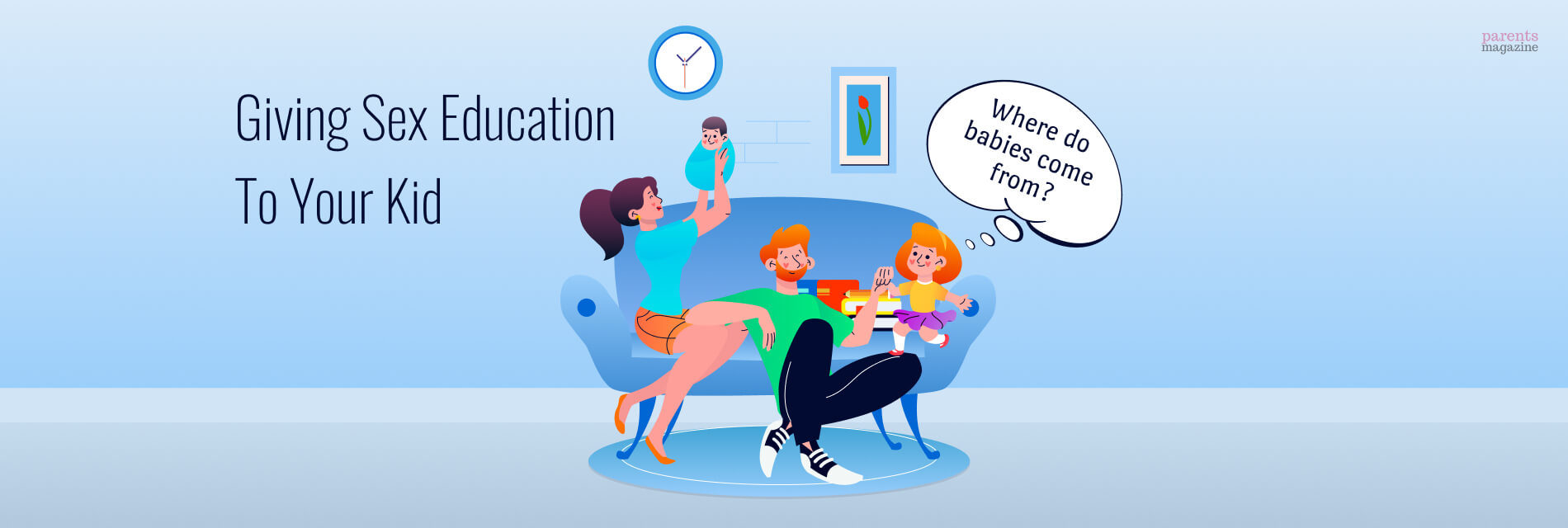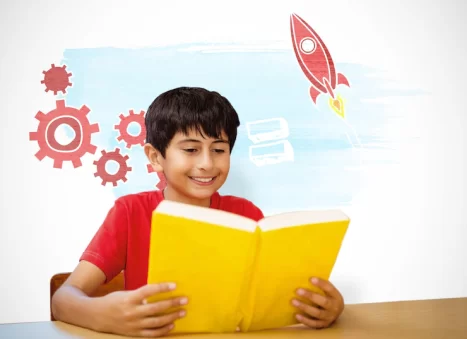
The Benefits Of Sex Education For Kids In Schools
Kids go through different phases of innocence. A fourth grader has a level of innocence that does not match an eighth grader’s innocence. Between questions such as where babies come from and queries related to contraception and STDs, children go a long way – even parents do.
Sex education is indeed very crucial for the overall development of children. It is important for school science and health programs to include sex education and certain aspects of the human anatomy. But most countries and only half of the total states in the US make it mandatory.
8 Benefits Of Sex Education

So, what are some of the most undeniable benefits of sex education? follow the below mentioned list to find out about different benefits of sex education.
1. Abstinence-Only Sex Education
Different researchers have proved that abstinence-only sex education has no effect on the rate at which teenagers choose to have sex.
One must also know that the primary purpose of abstinence-only sex is to prevent teenagers from getting into any sexual activities. But this is clear, according to research, that this type of teaching has no positive effect and it does not work.
2. Teens Should Know About Safe Sex
Abstinence-only sex education has another problem – it denies teenagers any chance of learning about any acceptable options instead of abstinence.
There is no form of sex education that has been used and shown effectively stop teenagers from having sex. It is important for caregivers, influential adults, and educators who are in a young adult’s life to promote better health and well-being. This must happen even if the young adult does not conform to certain ideas or behavior (be it sexual or something entirely different).
3. Sex Education Does Not Promote Having More Sex
There is a misconception that sex education promotes the idea of having sex early during teenagehood or having sex more frequently. But in reality, that is not the case. There have been countless studies regarding this for the past 20 years, and those studies have shown that sex education in school does not promote frequent urges to have sex or earlier in life.
Also, kids don’t become more promiscuous once they are provided with condoms in school.
4. Teenagers Have Already Had Sex
According to YRBSS (Youth Risk Behavioral Surveillance Survey) done in 2019, 38% of the students have stated that they had sex at least once in their lives. Also, 27% of them also said that they were sexually active during the survey.
There are more in-detail reports regarding the same –
- Around 57% of the 12th-grade students have had intercourse. Which is higher compared to the 20% of 9th graders who had sexual intercourse, according to this survey.
- A minor 3% stated that they started to have sexual intercourse before they turned 13.
The overall data of the study shows the trend in high-school kids to have sex has been decreasing throughout the past few years. In fact, if compared to 1991 ( when the researchers started to have sex), the ratio of kids having sex decreased in 2017.
5. Safe Sex For Youth
It is important for the youth to start safe and stay safe with their sexual health. People who are having sex have the risk of having chlamydia and Gonorrhea. Especially younger people who are just starting to have sex are at greater risk.
Here are some statistics that should come to your attention –
- 54% of teens are said to have used condoms when they had sex for the last time.
- 35% of the female high-schoolers who are sexually active have reported using prescription birth control pills during the last time they had any intercourse.
- Only 13% of the students said to have used pregnancy prevention the last time when they had sexual intercourse.
- About 9% of them had only ever been tested for HIV.
- About 8.6% had said to have sex with more than a minimum of four partners.
6. Teens Should Take Responsibility For Their Sexual Health
As teenagers start to grow, they should start taking responsibility for their own health. When younger, their parents are usually responsible for taking them to the doctor or making decisions about a visit to the healthcare.
However, as they grow older, they need to start taking responsibility for their own health and get themselves screened for the possibility of STIs or any other sexually transmitted diseases. It is also a crucial part of healthy sex education.
7. Sex Education Offers Accurate Info On Risky Sexual Habits
Comprehensive sex education is not for teaching children to have sex. Similar to abstinence-only programs, these programs are for teaching children a way to prevent early pregnancy or STIs.
The only difference between abstinence-only and comprehensive sex education is that they comprehensive education offers more realistic and factual information on healthy sexual practices.
They learn to use different methods of birth control and also get the chance to realize their fear of the risk of sexual behaviors through sex education.
8. Better Mental Health
Sex education has a positive effect on kids’ physical as well as mental health. This education covers different potential decisions and their consequences. Women aged between 15-19 with any mental issues can potentially give birth compared to other women without any mental health issues. However, good mental health can help have better sexual health and make healthy decisions.
9. Teens Who Know Have A Tendency Of Saying No
The more they know, the more they are going to resist. Today’s generation has a way of getting information from their offline and online friends. They might go into sex education with various wrong ideas and misunderstandings and depend on adults to get their confusion.
When a teacher tells them that abstinence is the only way of staying protected from pregnancy and STIs, they can tell that they are being lied to, they know that they are being misled. It is better to let them know about the actual picture of all the risks involved with the different types of sexual activities. That way they could make informed decisions about what they want to get involved in.
10. Teens Need To Know The Risks Related To Sex
Often teenagers who do not have the correct information about having sex, are involved in other kinds of sex, like anal sex or oral sex, as they find vaginal intercourse to be risky. They do not have a clear idea about over-sex and think that it does not come with any kinds of risks, and believe they do not have to abstain from it. But the reality is far from that. Oral sex also comes with the risk of transmitting STIs.
Abstinence-only education is actually the problem. It asks children to refrain from having sex without letting them all the facts related to sex and what sex actually is. Whereas, comprehensive sex education helps youth make informed decisions about various sexual activities and then take part in it.
Sex education class is the beginning where people can learn about how to have a healthy sex life. Topics related to regular sexual health check-ups, having an open discussion with their partners, identifying genders, and masturbation are all important topics that a young teenager should have a clear idea about.
11. If Things Go Wrong
Teens should also be told what they should do if they have a negative sexual experience, or something harmful, or something they did not mean to happen. teens who are sexually active should be clear about the following facts.
- When and where they should get tested for STIs.
- They should know about their other options if they have an unplanned pregnancy, the use of Plan B, how and where to access safe abortion, and where they can go to get knowledge about prenatal care, childbirth, and parenting.
What to do, or where to go if they are sexually assaulted, including legal and medical actions that they should take.
Bottom Line
Sex education is elemental to the mental and physical health of teenagers and young adults. This is why sex education is very crucial throughout different years of children’s educational life. I hope that this article was helpful. However, if you need any further answers to similar queries, let us know through the comment section. We will get back to you as soon as we see your comment.
Read Also:
Already have an account?
Sign In
Create your account
User added successfully. Log in









